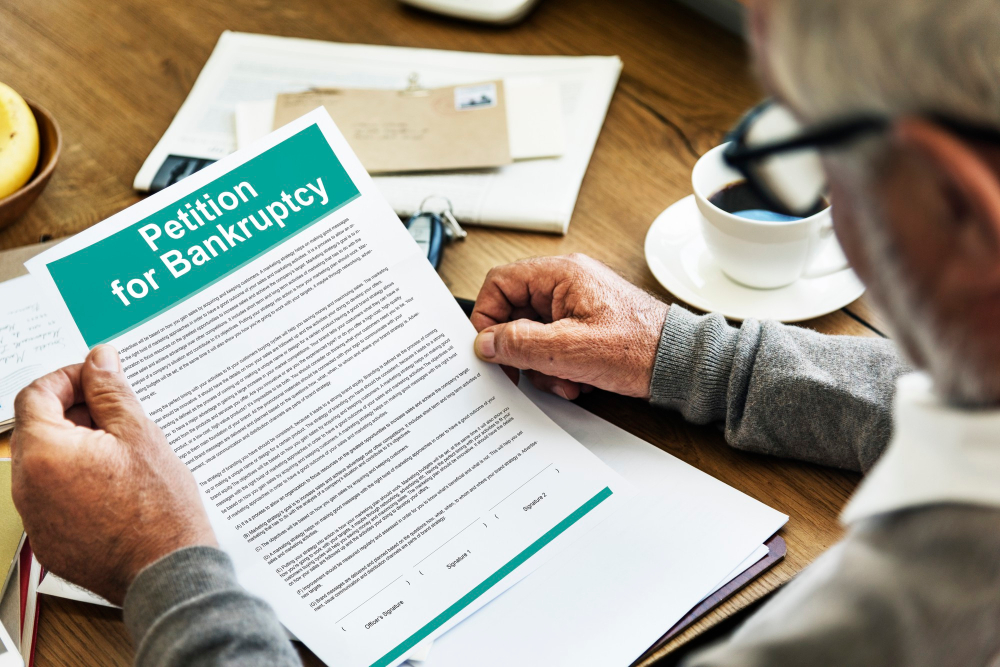
Passion for Success
Serving California since 1990

Passion for Success
Serving California since 1990

Passion for Success
Serving California since 1990
Personalized Attention to your Legal Matter
We offer FREE – NO OBLIGATION telephonic consultations with evening and weekend appointments available. We NEVER charged for telephone calls to the office to discuss YOUR case. We NEVER charge when we are contacting YOU to provide case updates or need information for YOUR representation.
I received the best experience with Mr. Steven Wolvek. He was knowledgeable and kept me informed throughout my case. My case seemed very complicated with my real-estate property and thanks to Mr. Wolvek, he made everything less stressful and took his time to explain the process to me. My words can’t describe just how trustworthy and caring he is. He is very knowledgeable and professional. My case was a success. I definitely recommend Mr. Wolvek to everyone. I am thankful that I had such an amazing attorney to help me. He absolutely deserves more than five stars.
Anabel
He was my second divorce attorney (I fired the first one) and I am so appreciative of everything Steve did. Everything was about cost, moving the process along and keeping me in the loop. He always took my calls and didn’t bill me for nearly as much as he could have. I was shocked on how much cheaper my fees were when compared to other people who went through divorce proceedings. I can guarantee he will not push you through a bunch of theatrics and bill you for the them. The man is honest and knowledgeable about the law, what your options are and the possible outcomes of those options. The man gave me back my freedom. Thank you Mr. Wolvek!
John
I hired Steven’s office back in September 2012 to represent me with my chapter 13 filing (Reorganization program). I was in a five (5) year payment plan that just concluded in October 2017. I received my successful discharge from the court in early January this year. Threw out my five years of going threw this program I had to contact Steve’s office several times for various reason, tax return issues, payment modifications, mortgage issues etc etc. Steven was there to help and assist me every single time. Weather I called or emailed him he would respond immediately.
Brian
I hired Steven’s office back in September 2012 to represent me with my chapter 13 filing (Reorganization program). I was in a five (5) year payment plan that just concluded in October 2017. I received my successful discharge from the court in early January this year. Threw out my five years of going threw this program I had to contact Steve’s office several times for various reason, tax return issues, payment modifications, mortgage issues etc etc. Steven was there to help and assist me every single time. Weather I called or emailed him he would respond immediately.
Brian
When I arrived at my bankruptcy hearing I found that every detail had been taken care of by Mr Wolvek. Of all the people at the hearing mine was the easiest with no further questions I had to answer. Thanks very much
James
I’ve met Steve Wolvek in a most painful period of my life, wich is called divorce. And also met quality, wich are called compassion and readiness help depressed, hopeless people, to give encouragement and hope, ready to hear with patience and comprehension. Whose Humanity is in the Highest level and working priority are HELPING, SUPPORTING , KEEPING PROMISES .
Does all the heavy lifting
Gohar Balasanyan
Steve worked aggressively to handle what had, before his involvement, become quite a mess of a case. He cleared up all of the issues and resolved the case efficiently and with a great result. He kept us updated every step of the way and advised us on the things we needed to do to ensure the case was resolved in our favor.






